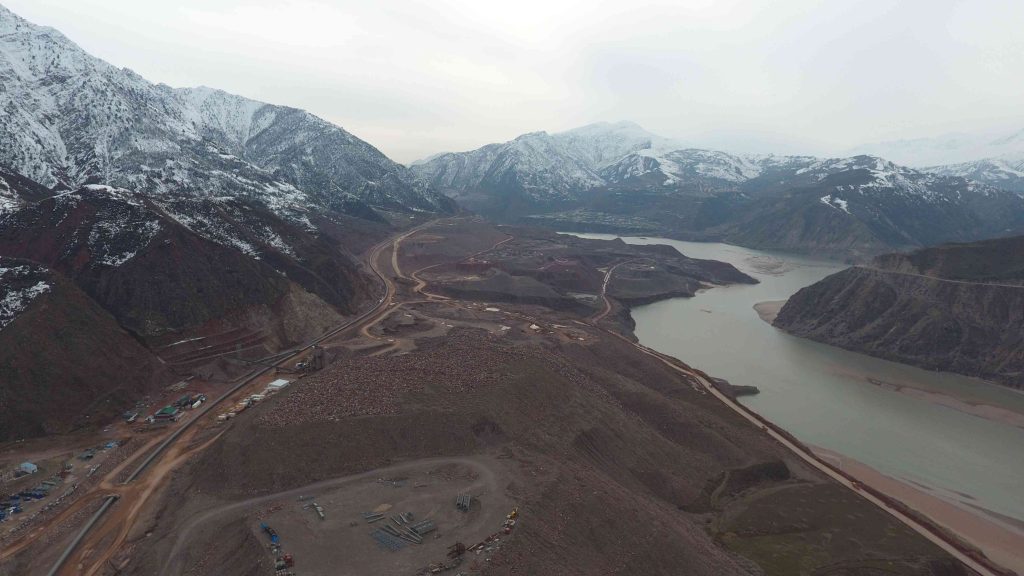The Rogun dam risks causing major environmental, social and economic impacts, including the displacement of around 50.000 people. Yet, the concerns of the affected communities and the displaced people risk remaining unheard. According to the CIVICUS, the space for civil society in Tajikistan is “closed”, which means that project-affected communities do not have safe and meaningful opportunities to have their say, seek information, or raise concerns around the impacts of the dam.
Since 1992, Tajikistan has been under the authoritarian regime of President Emomali Rahmon. In recent years the country’s human rights record has continued to deteriorate and there has been an increased crackdown on dissenting voices. This has been widely documented in the analyses of several international human rights organizations (see for example reports from Human Rights Watch, Freedom House, and Amnesty International), as well as by UN Special Rapporteurs (e.g. see the report from the 2022 visit of the UN Special Rapporteur on Human Rights Defenders).
Journalists, independent lawyers, and political opponents are particularly targeted, but also ordinary citizens have been increasingly facing harassment and criminalization for criticizing the government online or offline in recent years. According to Freedom House, this has caused “individuals to regularly self-censor in order to avoid reprisals”.
The country’s freedom of expression situation has also been consistently getting worse every year: according to Article19’s 2024 Global Expression Report, Tajikistan is one of the countries in the world with the lowest ranking (151 out of 161).
As repeatedly pointed out by civil society organizations, in such a restrictive context – with low levels of transparency, high risk of corruption, widespread human rights violations, and a climate of fear – no consultations can be considered meaningful.
In February 2024, the World Bank published the Stakeholder Engagement Plan (SEP) for the Rogun dam project. However, the plan fails to take into account the civic space concerns and to address the operational risks posed by the serious civic space restrictions in the country.
Of particular concern is the involvement of the military. The World Bank’s Environmental and Social Commitment Plan acknowledges that this might pose some risks, but it suggests that the project’s grievance mechanism will be able to handle potential grievances, ignoring the intrinsic risk of reporting misbehavior or violence perpetrated by military officers.
Moreover, the Stakeholder Engagement Plan fails to cover transboundary consultations with potentially impacted communities. The Rogun Dam is being built on the Vakhsh river, which feeds into the Amu Darya river – a key water source for the downstream countries (Afghanistan, Turkmenistan and Uzbekistan). As these countries also have highly restrictive contexts and widespread human rights violations, there are serious doubts that any meaningful stakeholder engagement will be conducted.
Related reading:
- Tajikistan case-study in the “Financing Repression” Report by Coalition for Human Rights in Development, International Accountability Project and Early Warning System. (December 2024)
- Civil society letter to the World Bank highlighting concerns related to civic space and human rights issues (August 2024).
- Freedom House | Tajikistan’s page in the Freedom in the World report (last update: 2024)
- OHCHR | “Tajikistan: Human rights defenders face increasing threats in climate of fear, says UN expert” (December 2022)
- Human Rights Watch | “We Suffered When We Came Here: Rights Violations Linked to Resettlements for Tajikistan’s Rogun Dam” (June 2014)
- Why hydropower’s human rights problem may be insurmountable. 2022



